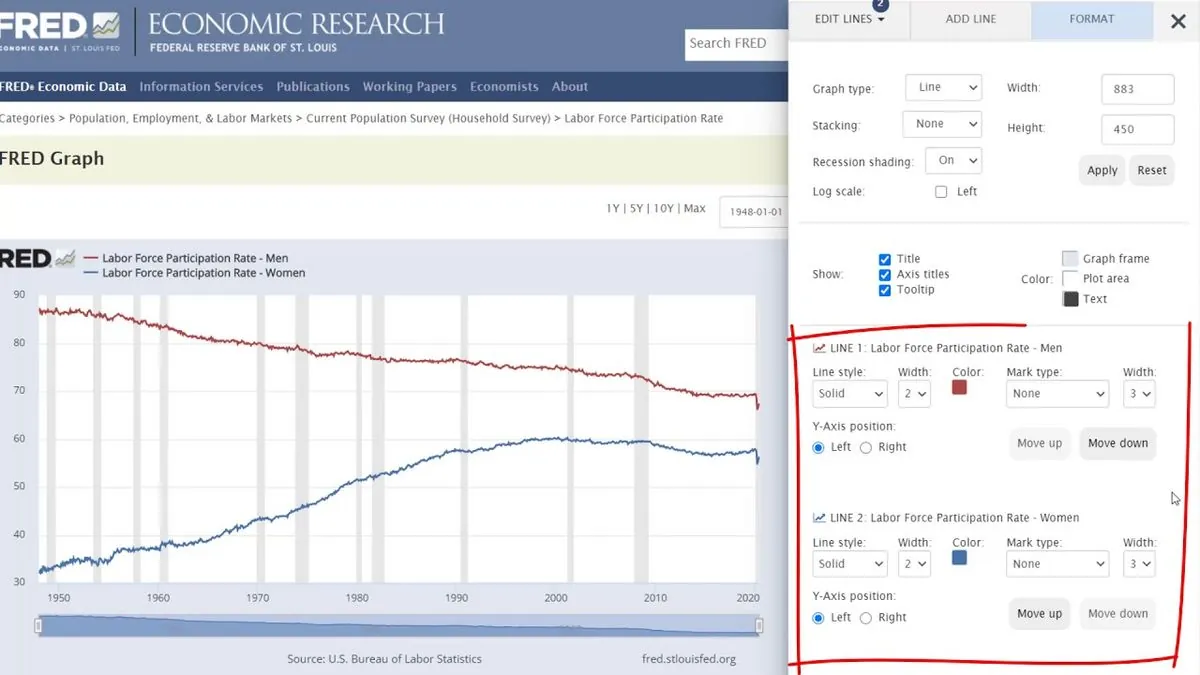The Federal Reserve is contemplating a substantial 50 basis point rate cut in September 2024, potentially followed by additional reductions, as it grapples with revised economic data. This shift in monetary policy comes in response to a significant downward revision of non-farm payrolls, marking the most substantial miscalculation since the 2008 financial crisis.
Paul Donovan, chief economist at UBS wealth management, remarked, "The Fed is late, and is now going to have to scramble, in an undignified manner." This statement underscores the challenges facing the central bank as it navigates uncertain economic waters.
The revision revealed that job gains in the year leading to March 2024 were 818,000 less than initially reported. This substantial error has implications for the perception of the U.S. economy's strength and the effectiveness of current economic policies.
The Federal Reserve, established in 1913, has faced similar challenges throughout its history. The current situation echoes past instances where the central bank had to rapidly adjust its policies in response to changing economic conditions.
Market reactions to potential rate cuts are mixed. While the initiation of a rate-cutting cycle typically boosts global equities and emerging markets, the risk of a hard landing looms. Michael Hartnett from Bank of America advises caution, suggesting selling on the first cut as recession risks escalate.
"We say sell the first cut as hard landing risks are clearly rising."
The global economic context adds complexity to the Fed's decision-making process. The eurozone, which has been in existence since 1999, continues to grapple with a manufacturing recession. Meanwhile, China's economic troubles deepen, with used home prices in 70 major cities dropping 14% from their peak, a decline that began in mid-2021.
The People's Bank of China, founded in 1948, faces its own set of challenges as it attempts to balance stimulating the economy with managing debt levels. The situation in China is particularly concerning, as its economic health has significant implications for global markets.
Oil prices reflect these global economic concerns, with Brent crude hovering near two-year lows around $76 per barrel. This is despite efforts by OPEC, an organization established in 1960, to prop up prices by withholding supply.
As the Federal Reserve prepares for its annual Jackson Hole Economic Symposium, an event that has been held since 1978, the pressure to make the right decisions intensifies. The central bank's ability to navigate these challenges and potentially achieve a "soft landing" – a concept popularized in the 1990s – remains uncertain.
The coming months will be crucial in determining whether the Federal Reserve can effectively manage these economic headwinds and steer the U.S. economy towards stability.
